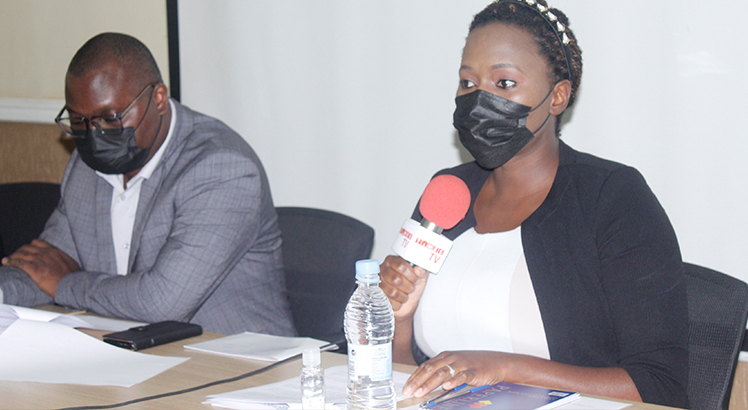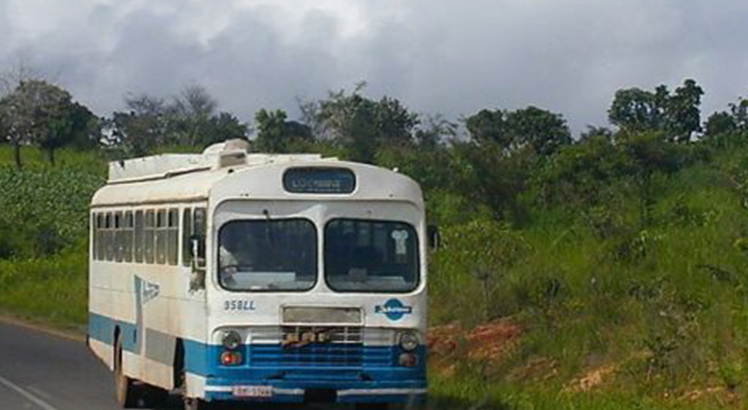Civil Society Network on Climate Change (Cisonecc) has asked government to redirect focus on disasters to disaster risk reduction, saying communities and organisations can implement climate change adaptation interventions.
Speaking in an interview, Cisonecc national coordinator Julius Ng’oma said it is evident that fixing the economic system to create wealth for Malawians should include investing in the disaster risk management sector.
He said disaster risk management will help to cushion Malawians who lose the wealth amassed throughout the year to disasters whose impacts can be prevented.
Said Ngoma: “This year, prior to Tropical Storm Ana, over K7 billion was being mobilised for response and recovery during and after the 2021/2022 rainfall season.
“It is worrisome that such amounts favour disaster response and not much focus is put on reducing the vulnerabilities of people and ecosystems at risk through disaster risk reduction.”
He added that it is sad that years have passed with civil society organisations (CSOs) still lobbying the Government to enact the Disaster Risk Management (DRM) Bill to pave the way for investments in disaster risk reduction.
A statement released by the network also indicates the need for the government to put much emphasis and financial support on solar powered irrigation to utilise the waters of Malawi’s lakes and rivers, saying doing so will improve production and contribute to the achievement of food security for all Malawians.
Reads the statement: “Cisonecc commends government’s efforts in supporting small-scale processing and value addition activities in rural communities by connecting them to the electricity grid, paying for construction and installation works, and providing machinery.
“Much as this is appreciated, only 12.4 percent of the country’s population is reported to have access to electricity by the World Bank with the rural areas taking up just four percent of i, and that is despite initiatives such as the Malawi Rural Electrification Programme [Marep] having started over four decades ago.”
On integrating gender and climate change, the network agrees that Malawi and the world at large, recognises women as the most affected by the impacts of climate change, contributors to the country’s agriculture sector through subsistence farming and household managers that have to trek long distances to fetch water and fuel wood.
“Cisonecc will continue to emphasise that until men, boys, women and girls start enjoying same human rights, same respect in the community, same opportunities, same access to resources and same decision-making power, more women and girls will continue to suffer greatly from the negative impacts of climate change!,” it reads.
Cisonecc has for the past years been fighting for weather index insurance which would help farmers to claim from insurance companies in case of a disaster.
The post CSOs want govt to invest in disaster risk reduction appeared first on The Nation Online.
 Moni Malawi
Moni Malawi 

